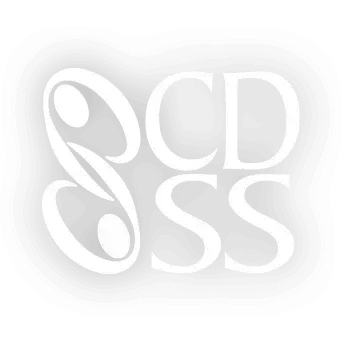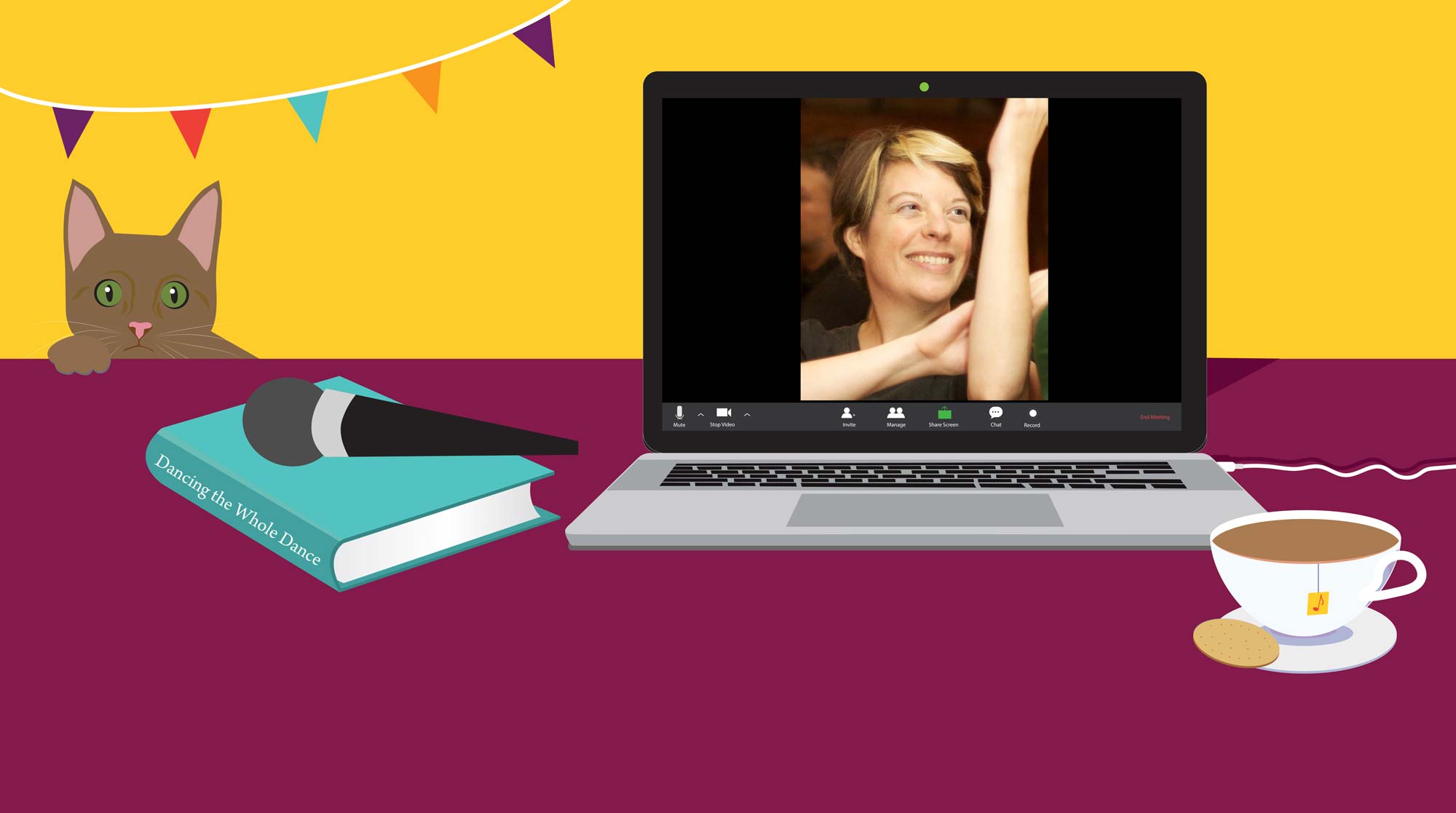Taught by Louise Siddons
This discussion- and activity-based course built on the ideas presented in Louise’s booklet, Dancing the Whole Dance: Positional Calling for Contra.
“[Louise] provided just the right amount of easy-to-follow instruction, and then let the dancers enjoy the flow of the dance and the music from there. It was wonderful!”
–Dance organizer, Dallas, TX
Positional Calling for Contra Callers
January 15, January 22, January 29, 2023
a 3-week online course
2:00-4:00 p.m. ET
(11:00 a.m.-1:00 p.m. PT/19:00-21:00 GMT)
Taught by Louise Siddons
This course is geared toward contra dance callers with any level of experience and a high level of enthusiasm for improving their teaching and calling. We will start from the assumption that positional calling strategies can and will further those aims.
Positional calling invites us to use what we know about dance structure, momentum, and flow to teach and call for diverse dancers effectively and efficiently. In this course, we will move from the macro to the micro in order to explore dance structure, craft robust walkthroughs, develop effective calls, and design well-structured dance programs.
- How do we teach dancers about the overarching form of contra?
- What specific calls do we use, and how can we be both clear and concise without resorting to role terms?
- Does the way we teach really matter to our dance communities—and why?
This discussion- and activity-based course will build on the ideas presented in Louise’s booklet, Dancing the Whole Dance: Positional Calling for Contra. A PDF copy of the booklet is included in the cost of registration for all participants.
Louise Siddons
Louise Siddons was born in the UK but moved to the United States as a child, where she grew up surrounded by folk music and song. She began folk dancing seriously in 2008, and calling in 2009. Now back in the UK permanently, she is known on both sides of the Atlantic as a contra, English country dance, and ceilidh caller as well as a committee member for the Friends of English Dance. She received the 2016 Mary Judson/Brad Foster Award for English Dance Teachers from the Country Dance and Song Society (USA) and recently received a diversity grant from the English Folk Dance and Song Society (UK) in support of her gender-free teaching and calling.
Louise believes that we should invest in the evolution and sustainability of folk traditions and their ongoing relevance to contemporary culture—whether that’s through gender-free calling or adapting dances for Zoom. As a caller and dance teacher, she strives to create a fun and welcoming atmosphere with her low-key and lighthearted stage presence. At its best, social folk dance is a living tradition that balances accessibility with challenge and discovery. Louise calls a mixture of modern and historic dances in a variety of formations, and enjoys helping dancers discover the musicality of choreography, from the familiar to the unexpected.
Registration and Cost
Course fees are on a sliding scale: you decide the price that works for you! The suggested price for the three sessions is $75; the minimum price is $15.
The course is limited to 15 participants.
Course Details
This discussion- and activity-based course will build on the ideas presented in Louise’s booklet, Dancing the Whole Dance: Positional Calling for Contra. A PDF copy of the booklet is included in the cost of registration for all participants.
The course includes homework between the sessions.
Homework prior to Session One
- Read Dancing the Whole Dance, a booklet by Louise Siddons
Session 1: The things we don’t say or do
- Understanding the history, mechanics, and geometry of contra dance choreography, and translating that knowledge into effective teaching for a variety of audiences.
Session 2: The things we do say and do
- Crafting a walkthrough, devising useful prompts, and reminding dancers to think positionally: in this session we’ll consider all the things we say over the mic, and why.
Session 3: Beyond individual dances
- Getting feedback, effective programming, reinforcing values: callers do so much more than prompt individual dances, so in the final session we will consider the bigger picture.


 Thanks to the Massachusetts Cultural Council for their generous support.
Thanks to the Massachusetts Cultural Council for their generous support.
 Isaac Banner
Isaac Banner Seth Tepfer
Seth Tepfer Christa Torrens
Christa Torrens Ellie Shogren
Ellie Shogren Sharon Green
Sharon Green Dilip Sequeira
Dilip Sequeira